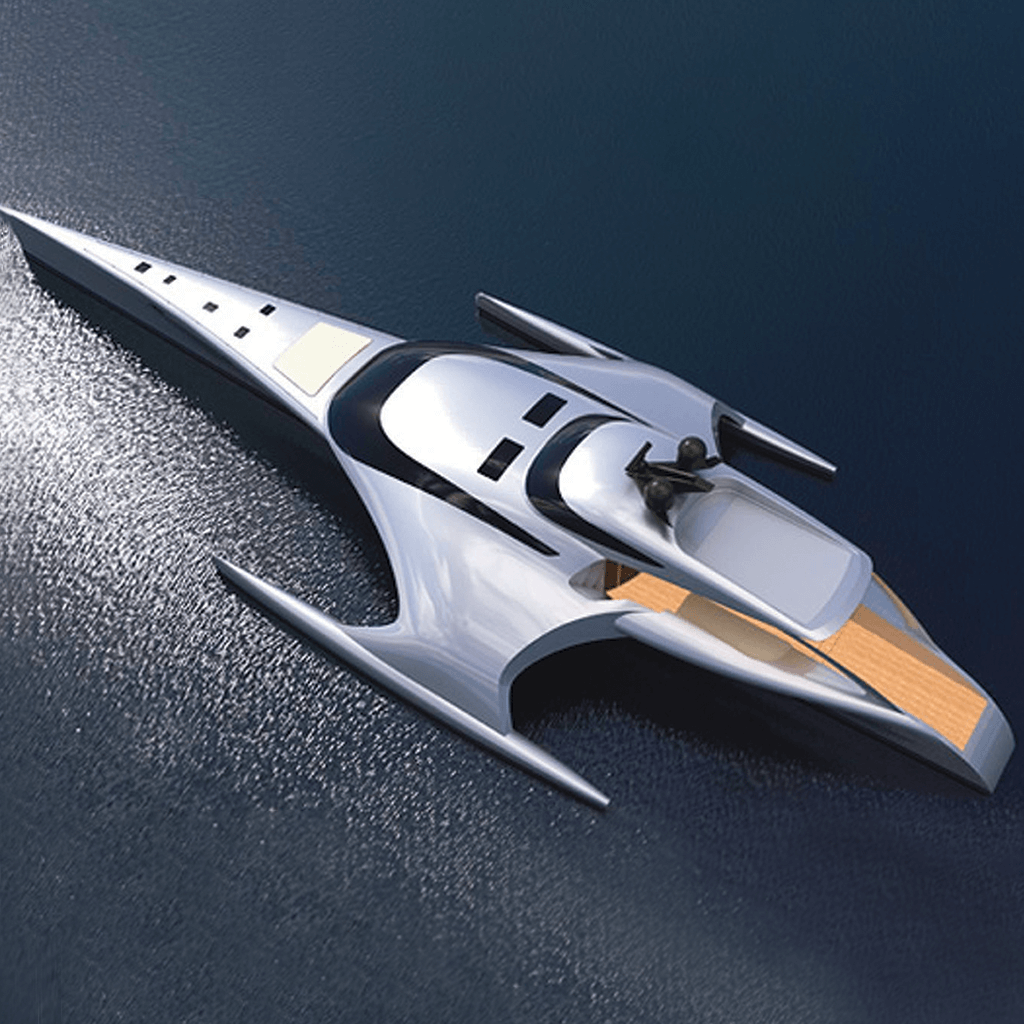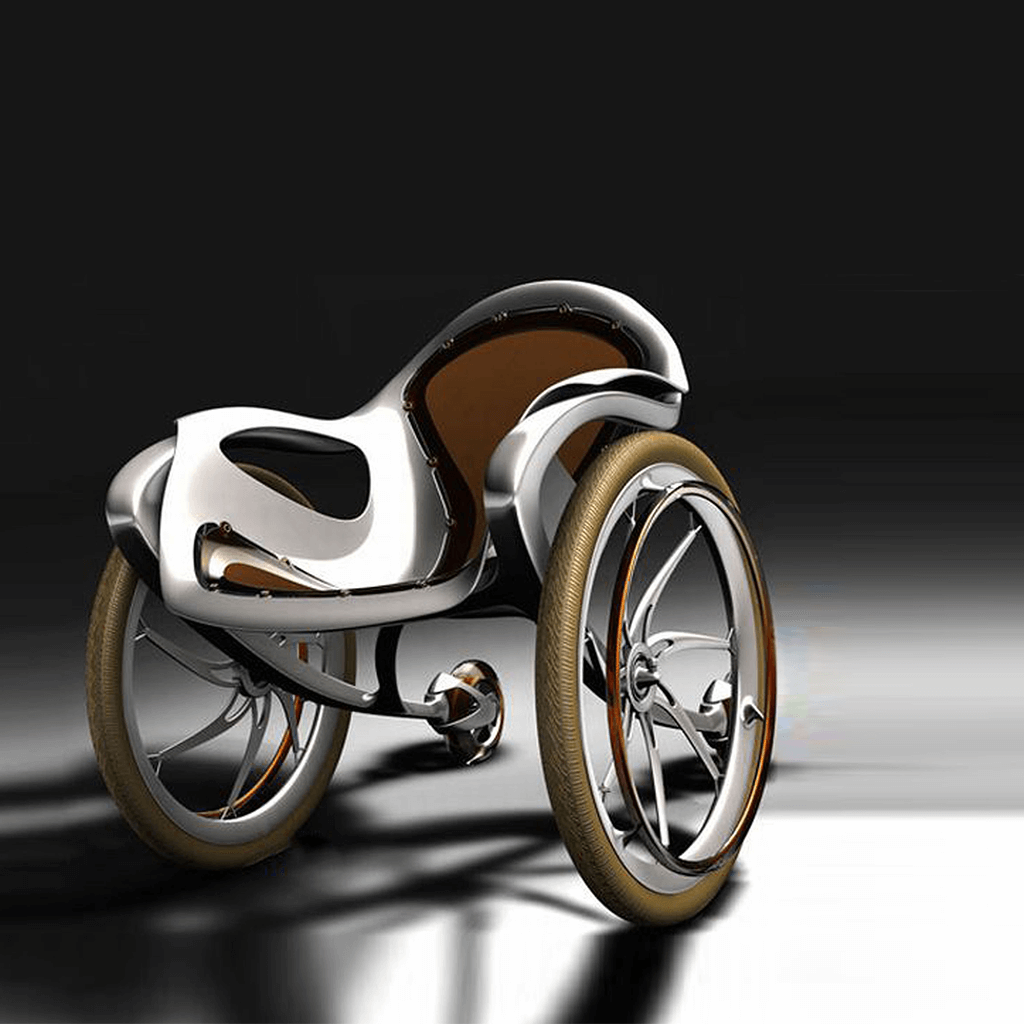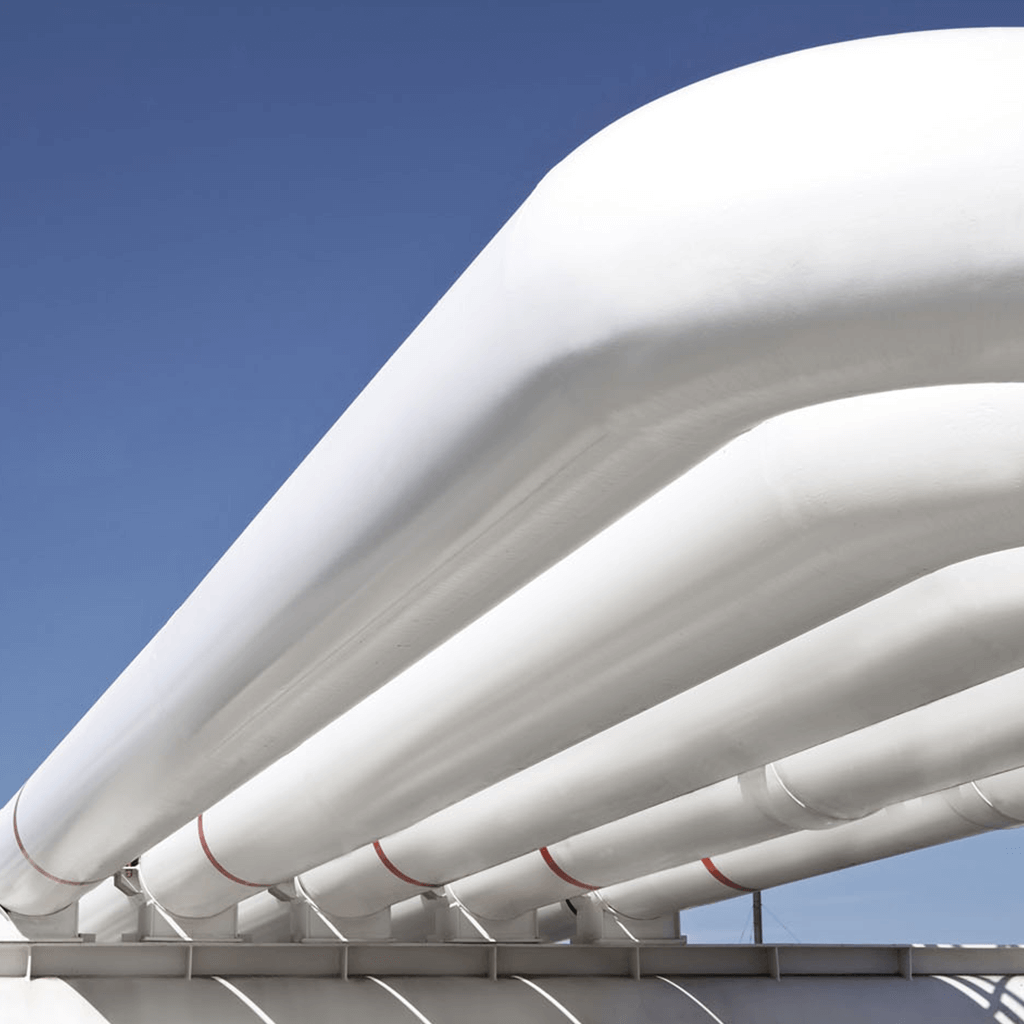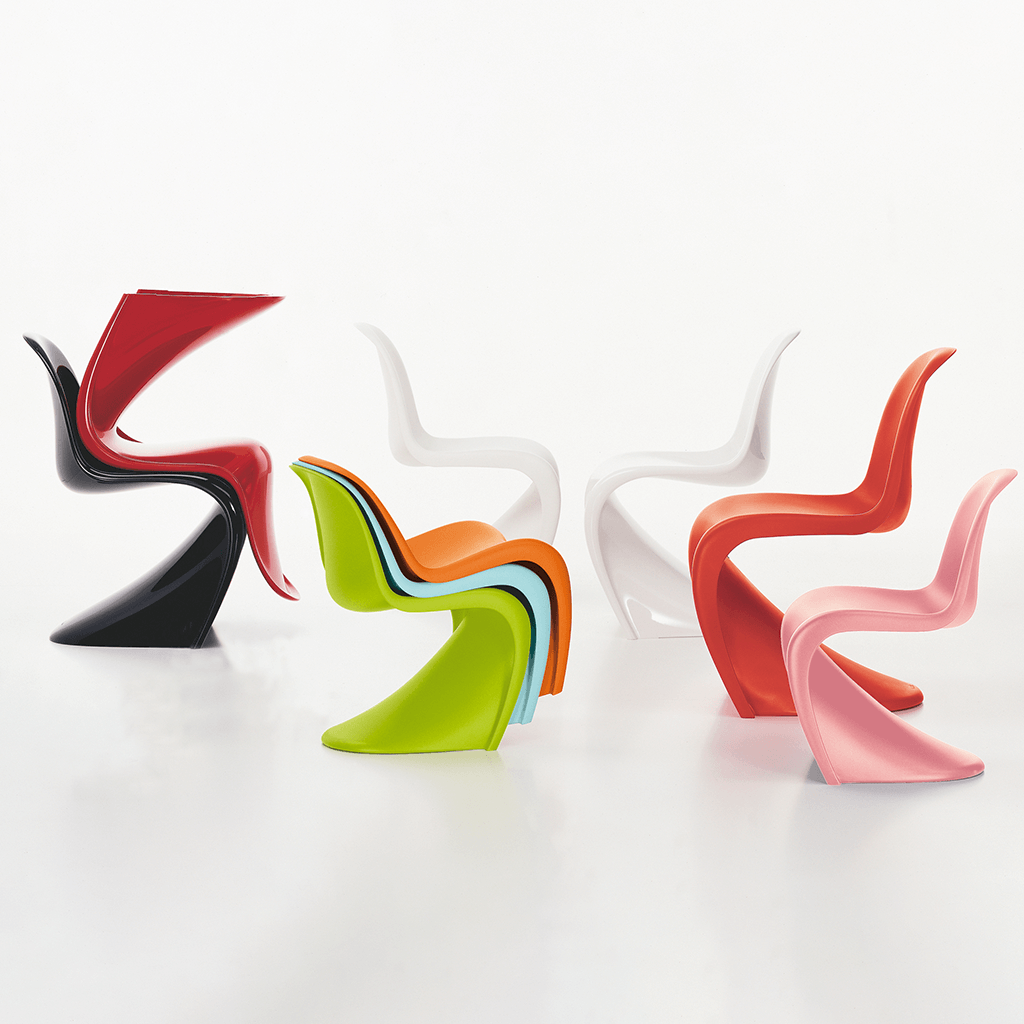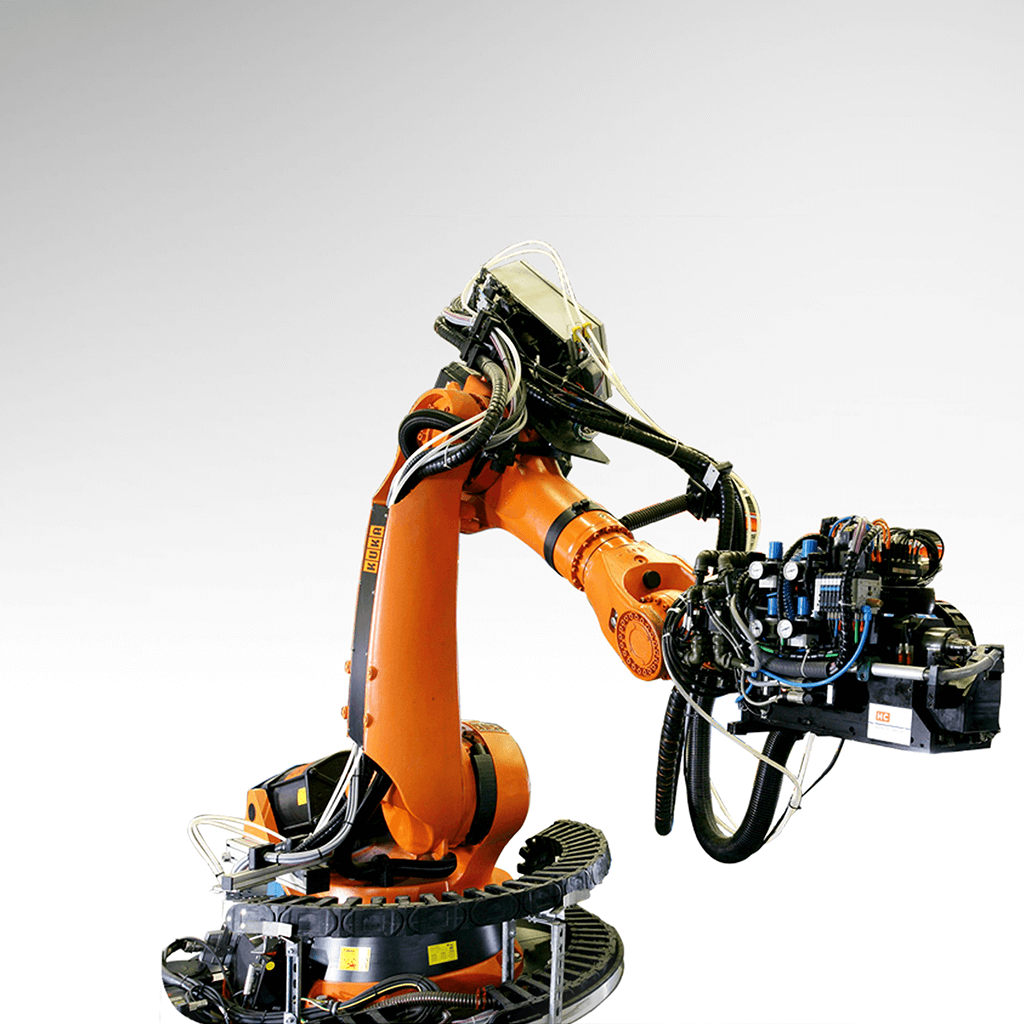The European project FIBER4YARDS redefines the shipbuilding industry with next-generation composite technologies
After 3 years of collaborative development, the European project FIBER4YARDS proudly announces its results at its closure this week. This collaborative project, dedicated to the use of fiber-reinforced polymers (FRP) in shipbuilding using Industry 4.0 concepts, involves 13 partners from 6 European countries. Focused on optimizing production costs and introducing innovative digital technologies, it marks a major breakthrough for the European naval sector.

Pushing the boundaries of shipbuilding with fibre-reinforced polymers
Traditionally used in the construction of lightweight structures for vessels up to 25 meters, FRPs are now making their way onto larger boats, reaching up to 50 meters. However, the full production potential of FRP vessels remains untapped due to prohibitively high production costs. FIBER4YARDS has addressed this challenge by introducing innovative automated procedures and eliminating semi-artisanal methods, ushering in a new era for the competitiveness of the sector.
The union of composite technology and naval excellence
FIBER4YARDS, aimed at aligning end-user needs with fiber-reinforced plastic (FRP) manufacturing technologies, is propelling shipyard production and maintenance towards promising horizons. The introduction of innovative automated manufacturing methods promises to reduce costs, enhance environmental performance, and optimize European competitiveness. This groundbreaking project has developed digital tools such as digital twins to support the modernization of shipyards by adopting composite manufacturing processes already proven in other sectors such as aerospace and automotive. Major impacts include significant environmental gains, increased manufacturing profitability, and a notable boost to the growth of the European naval sector.
The project’s closure took place in Nantes, hosted by Naval Group and IRT Jules Verne, which housed the 1:1 scale demonstrator of a catamaran structure.

The IRT Jules Verne: Pioneering in the development of composite technologies
As a leader in two tasks within FIBER4YARDS and a direct collaborator in other parts of the project, the Jules Verne Technological Research Institute (IRT) is redefining the landscape of shipbuilding with its innovative contributions.
Revolutionary acoustic damping
The Jules Verne Technological Research Institute has developed ‘Acoustic Black Holes’ (ABH) to reduce vibrations in the composite panels of ships. ‘This revolutionary technology, developed as part of a VIBROLEG thesis in partnership with the University of Le Mans, offers optimal structural damping and a reduction in acoustic radiation without the addition of mass,’ explains Julio Cesar De Luca. Industries are already showing keen interest in this significant advancement.
The study of ABH application was conducted in three stages: modeling of thin plate-type composite structures, geometric optimization of ABH, and finally, the fabrication of functionalized plates with ABH, followed by vibro-acoustic validation tests. The results are promising, with a 4.5dB reduction in acoustic radiation measured in a plate with a 15% reduced mass compared to a non-functionalized plate.
Mechanical validation of demonstrators
The Jules Verne Technological Research Institute has also undertaken mechanical tests on 21 composite panels measuring 1.5m x 3.0m, designed in three structural configurations and manufactured by Naval Group, 10XL, and Curve-Works (partner companies in the consortium). The results confirm the mechanical characteristics and various advantages of each design and manufacturing method, propelling the European shipbuilding industry towards new horizons.
FIBER4YARDS proudly unveiled its 1:1 scale demonstrator, marking a major milestone in the revolution of composite technologies for the naval industry. These advancements are not just technological feats but catalysts for the sustainable and competitive future of European shipbuilding
FIBER4YARDS Project
FIBER4YARDS is an innovative European project aimed at transforming shipbuilding by optimizing fiber-reinforced polymers. By bringing together the expertise of key industry players, FIBER4YARDS is redefining standards of competitiveness, efficiency, and sustainability for the future of shipbuilding in Europe.
Project partners: CIMNE (ES) – Project coordinator; COMPASSIS (ES); TSI (ES); CW (NL); NAVAL GROUP (FR); INEGI (PT); IRURENA (ES); TUL (PL); 10XL (NL); L-UP (FR); Ateknea (HU); BUREAU VERITAS (FR); IRT Jules Verne (FR)
This project has received funding from the European Union’s Horizon 2020 research and innovation programme under grant agreement N°101006860.


